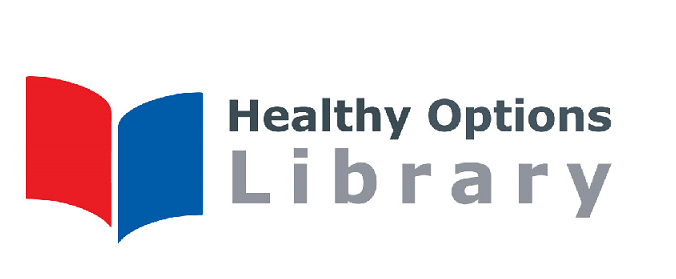*****
http://touchbase.org.au/
*****
http://www.penington.org.au/overdose-prevention-resources/
*****
Penington Institute also launched the mobile optimised version of its COPE website. COPE (Community Overdose Prevention and Education) is a community-based opioid overdose prevention initiative run by Penington Institute. The COPE mobile site provides access to critical life-saving information to doctors, paramedics, pharmacists, and other health workers, as well as people at risk of overdose.
http://www.copeaustralia.com.au/
*****
A framework for working safely and effectively with men who perpetrate intimate partner violence in substance use treatment settings is a new set of guidelines released by Kings College. Although some of the material has a UK focus, most of the information is applicable to an Australian setting.
http://www.kcl.ac.uk/ioppn/depts/addictions/research/drugs/Capabilities-Framework-Final.pdf
*****
Penington Institute also launched the mobile optimised version of its COPE website. COPE (Community Overdose Prevention and Education) is a community-based opioid overdose prevention initiative run by Penington Institute. The COPE mobile site provides access to critical life-saving information to doctors, paramedics, pharmacists, and other health workers, as well as people at risk of overdose.
http://www.copeaustralia.com.au/
*****
A framework for working safely and effectively with men who perpetrate intimate partner violence in substance use treatment settings is a new set of guidelines released by Kings College. Although some of the material has a UK focus, most of the information is applicable to an Australian setting.
http://www.kcl.ac.uk/ioppn/depts/addictions/research/drugs/Capabilities-Framework-Final.pdf
*****
Knowledge Circle, is a new resource to support workers in their efforts to help keep Aboriginal and Torres Strait Islander children safe and happy in their communities. This resource includes practice profiles, discussion boards and webinars
https://www2.aifs.gov.au/cfca/knowledgecircle
https://www2.aifs.gov.au/cfca/knowledgecircle
*****
And finally,
And finally,
Looking for a resource for drug interactions? Try Drug Interactions Checker. It's quite straight forward to use and the information provided is clear and written for laypersons (i.e. not medical jargon). Naturally this resource comes with a disclaimer around not being able to predict all drug interactions and that it should be used as a guide only. This is particularly relevant to illicit substances as the actual content of the substance may vary significantly.
